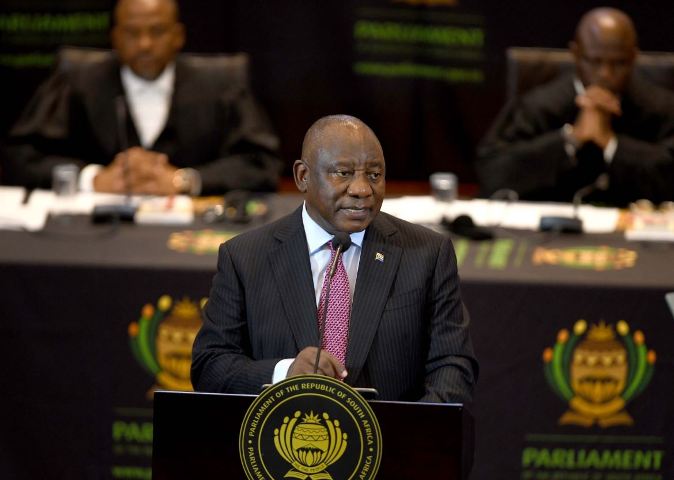President Assents to Public Procurement Bill, Establishing Unified Procurement Framework
The new Public Procurement Act aims to streamline procurement processes, ensuring they are fair, transparent, and cost-effective.

- Country:
- South Africa
President Cyril Ramaphosa has officially signed the Public Procurement Bill into law, marking a significant step towards creating a unified regulatory framework for public procurement in South Africa. The new Public Procurement Act aims to streamline procurement processes, ensuring they are fair, transparent, and cost-effective.
In a statement, the Presidency highlighted that the Act aligns with Section 217 of the South African Constitution, which mandates that the procurement of goods and services by all state organs must adhere to principles of fairness, equity, transparency, and cost-effectiveness. The legislation seeks to address past weaknesses in procurement practices that have facilitated corruption and state capture.
The Act introduces a consolidated framework for regulating public procurement, including preferential procurement, across all state organs. It emphasizes the use of technology to improve efficiency and effectiveness and aims to bolster transparency and integrity within procurement processes. The law is designed to enhance the efficient, effective, and economical use of public resources, stimulate economic development, and promote transformation and broader economic participation.
Under the new Act, which will be overseen by the Minister of Finance, all departments, constitutional institutions, municipalities, municipal entities, and public entities are required to adhere to the regulations. Limited provisions also apply to Parliament and provincial legislatures.
The Act addresses procurement carried out through various funding sources, including donor or grant funding, and includes specific restrictions on who may submit bids. Notably, it prohibits public office bearers, Parliament and provincial legislature employees, and officials from public entities, constitutional institutions, and municipalities from participating in procurement processes.
This legislation is expected to bring about substantial improvements in the management of public procurement and combat corruption by ensuring a more transparent and accountable system.
- READ MORE ON:
- Cyril Ramaphosa
- Public Procurement Bill










